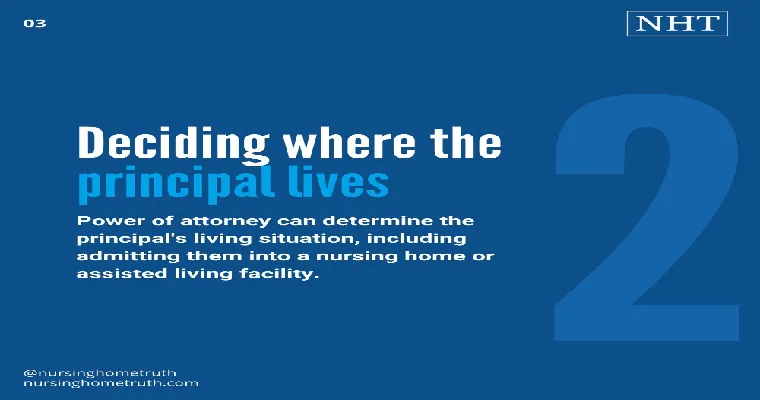In today's society, "caregiving" often evokes images of family members tending to their loved ones. However, there exists a significant population of individuals who are aging or living with disabilities that have no one to support them. "Caregiving for those who have no one" is a pressing issue that requires our attention and compassion. These individuals may be isolated due to various circumstances, including the loss of family, geographic distance from relatives, or a lack of social connections. Understanding the challenges they face and how we can assist them is essential in addressing this growing concern.
The Importance of Caregiving
"Caregiving" is not just a physical act; it encompasses emotional, psychological, and social support. Those without a support system often experience higher levels of anxiety, depression, and loneliness. By providing care for these individuals, we can significantly enhance their quality of life. This can include helping with daily activities, offering companionship, and ensuring access to medical care.
Identifying the Needs of Isolated Individuals
Understanding the specific needs of those who have no one is crucial. Many of these individuals may require assistance with daily tasks like cooking, cleaning, and personal hygiene. Additionally, they may need help managing medications or accessing healthcare services. Identifying these needs can be the first step in providing effective "caregiving".
Community Involvement and Support Programs
Community involvement plays a vital role in addressing the needs of isolated individuals. Local organizations and volunteer groups can create programs that provide companionship and services to those who lack family support. Initiatives like meal delivery, transportation services, and regular wellness checks can make a significant difference in their lives.
Training for Caregivers
To effectively care for individuals with no support, training for caregivers is essential. Understanding the unique challenges faced by this demographic can help caregivers provide better services. Training programs can focus on communication skills, empathy, and understanding the specific health issues that isolated individuals may face.
Leveraging Technology for Caregiving
In our digital age, technology can play a crucial role in caregiving. Telehealth services can provide remote medical consultations, while apps can help monitor medications and appointments. Social media can also help reduce feelings of isolation by connecting individuals with online communities. By leveraging technology, caregivers can offer more comprehensive support to those who have no one.
Volunteer Opportunities
If you're looking to make a difference, consider volunteering your time to help isolated individuals. Many organizations are actively seeking volunteers to assist in caregiving efforts. Whether it’s helping with errands, spending time with someone, or simply being a friendly voice on the phone, every little bit helps.
Conclusion
"Caregiving for those who have no one" is an urgent need that requires our collective action. By understanding the unique challenges faced by isolated individuals, involving our communities, providing adequate training for caregivers, and utilizing technology, we can significantly improve their quality of life. Together, we can ensure that everyone, regardless of their circumstances, receives the care and compassion they deserve.





